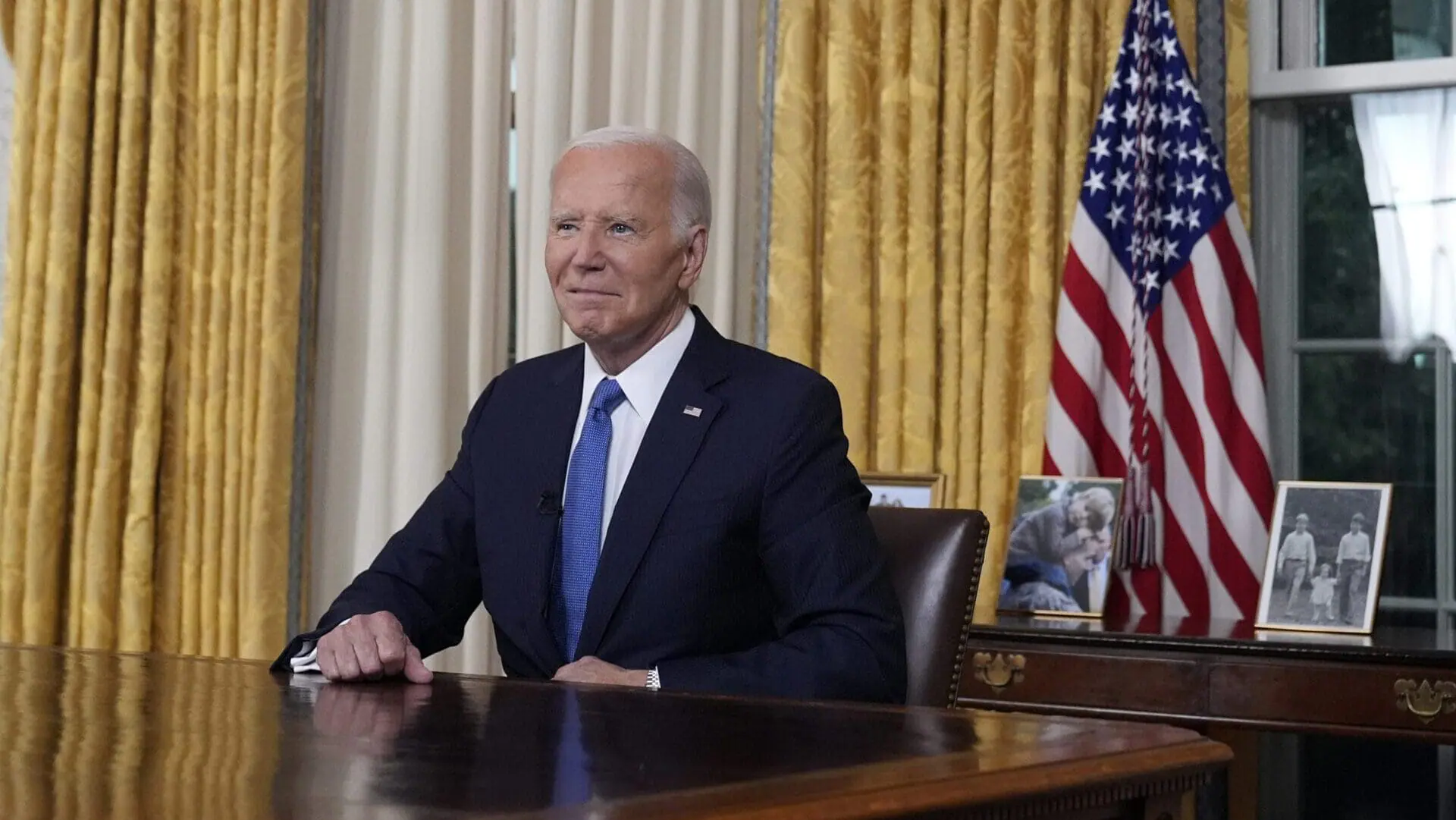Indianapolis woman pardoned by President Biden
INDIANAPOLIS (WISH) — An Indianapolis woman is among the 39 pardons granted Thursday by President Joe Biden.
A list released by The White House named Emily Good Nelson as one of the pardon recipients.
The Biden Administration announcement listed Good Nelson as a 39-year-old woman convicted of non-violent drug offenses 20 years ago.
It also notes that since her release from prison, Good Nelson earned her bachelor’s and master’s degrees and now works in the health care field in Indiana.
“She has spoken publicly about drug use and has volunteered as a counselor at an in-patient psychiatric facility,” Pres. Biden noted in the pardon. “She is described as kind, committed to recovery and helping others, and as someone with tremendous talent and ability.”
Rep. Andre Carson, who represents Indianapolis in the U.S. House, said the pardons will bring more fairness and balance to the federal judicial system.
“These actions will reunite separated families and open doors to reintegrate into their communities,” Carson said in a release. “I hope to see more pardons to come. I also hope today’s pardons send a message of hope to all those struggling with addiction, especially during the challenging time of the holidays. Recovery is possible.”
On Thursday, Biden also commuted the sentences of roughly 1,500 people who were released from prison and placed on home confinement during the coronavirus pandemic.
It’s the largest single-day act of clemency in modern history.
“America was built on the promise of possibility and second chances,” Biden said in a statement. “As president, I have the great privilege of extending mercy to people who have demonstrated remorse and rehabilitation, restoring opportunity for Americans to participate in daily life and contribute to their communities, and taking steps to remove sentencing disparities for non-violent offenders, especially those convicted of drug offenses.”
Editor’s note: This story has been updated from its original to include a statement from Rep. Andre Carson.
